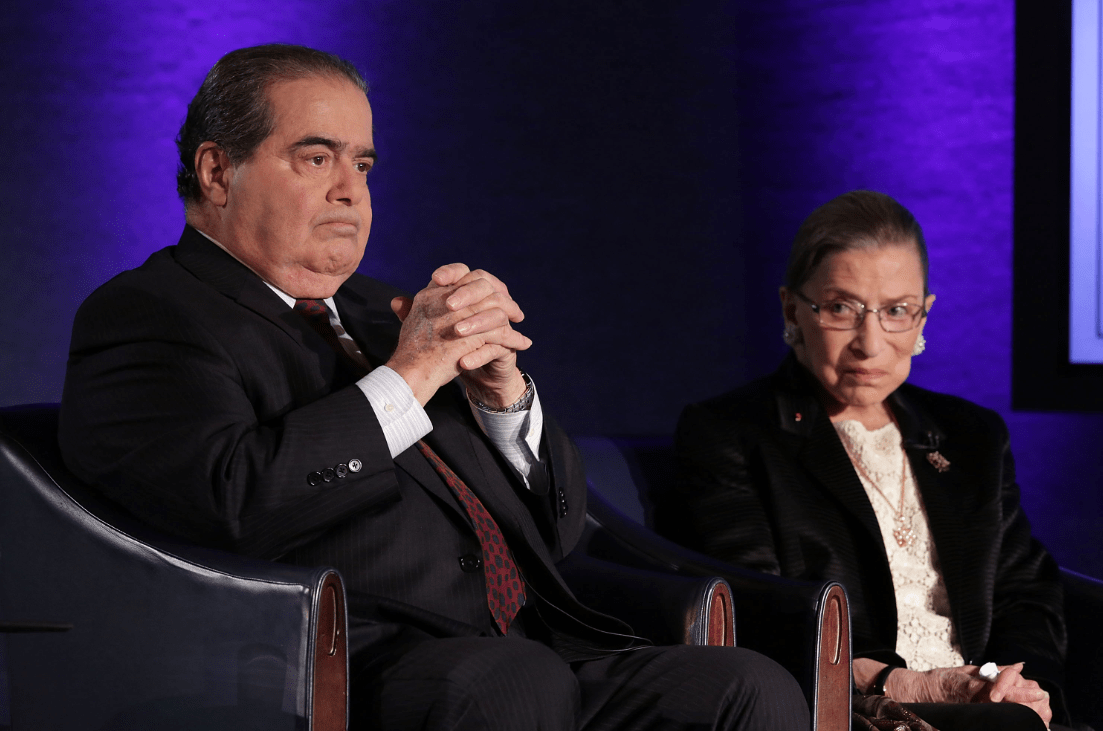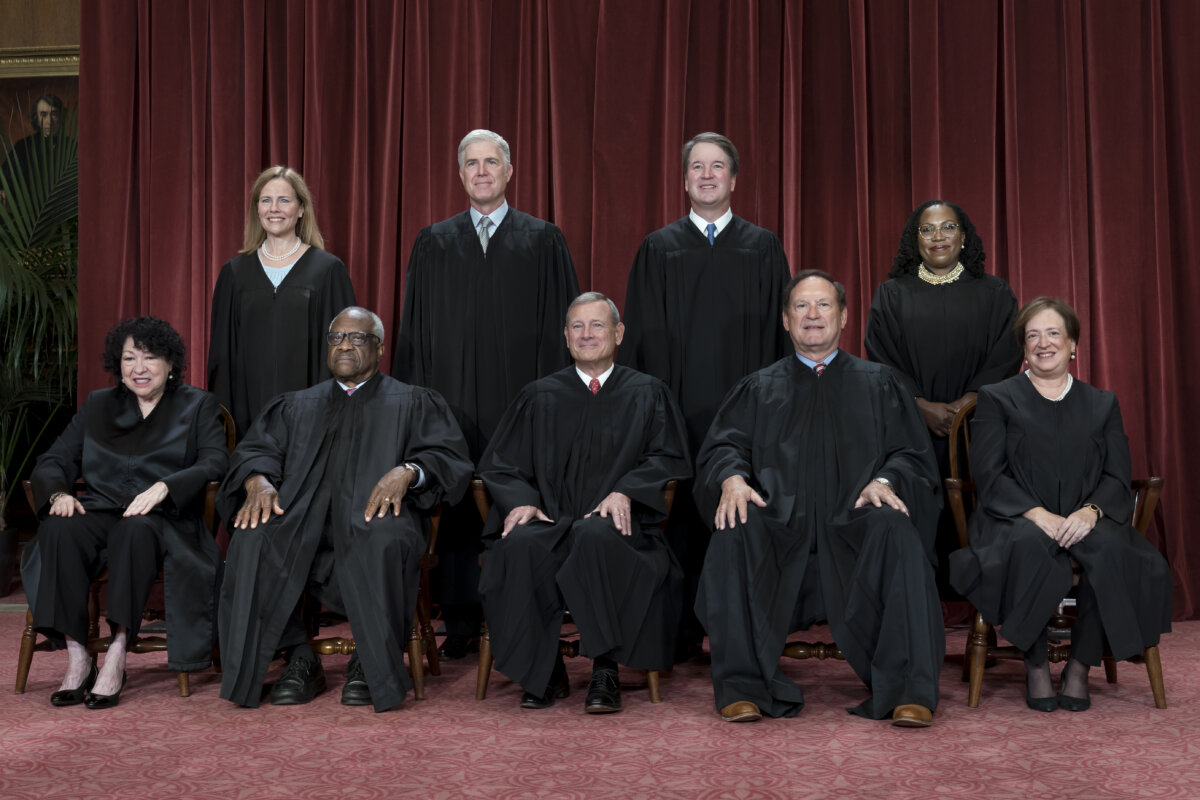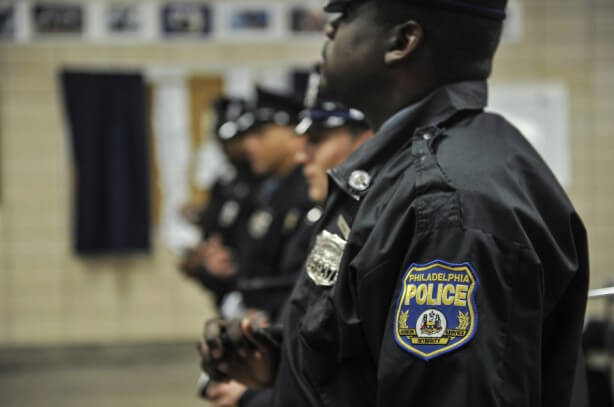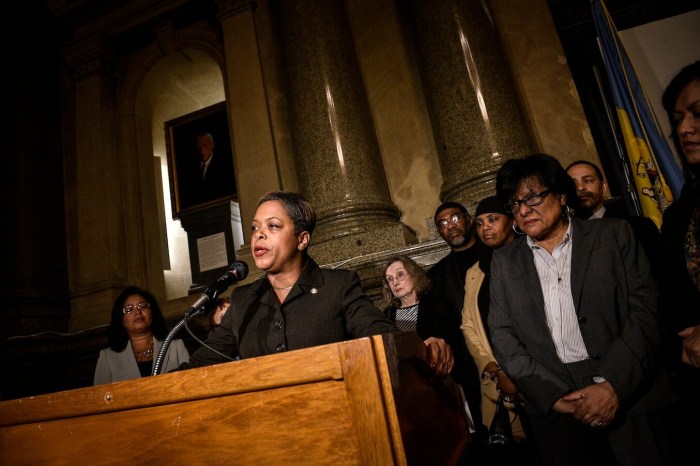The untimely death of Supreme Court Justice Antonin Scalia was bittersweet to many. For hyper-liberals, it meant the glorious end of an extreme conservative legacy of the Supreme Court.
To conservatives, it suggested that the moral fabric of American justice has been castrated. Personally, as an openly gay black Ivy Leaguer, Scalia was the enemy.
He wasn’t fond of my ability to love my partner through marriage. The first Italian Supreme Court Justice even recently suggested that blacks don’t belong in elite universities, which was beyond preposterous. While some in the media have tried to whitewash his oppressive judicial legacy –calling him a “Conservative Lion” when it could be argued that such a title is rooted in bigotry – I’m not too concerned about that. What disappoints me the most is how those who have risen above his transgressions can’t seem to be more mature in moving past the pettiness. “Ding dong, the witch is dead,” one person on my Facebook timeline posted when sharing the news. “Scalia can finally rot in hell where he belongs,” another commenter stated. The Ernest Opinion: Democrats, let’s get in formation And all the while, I just couldn’t seem to find it in my heart to spew such hatred because I didn’t think it could make matters better. Respect for the dead is a scared ritual that was instilled in me since I was a child. Regardless of how we may individually feel about Scalia, he was a lawful man that had a family. When it was the death of the late former NAACP chairman Julian Bond, I remember seeing immature racist tweets about his passing online and was disgusted. In this case, what makes us any different from our aggressors when we choose to celebrate the death of our political rivals? How do we foster a community of progressive resilience when we take advantage of the low-hanging fruit of malice? What gains do we make when we easily fall into the trap of having double standards for cruelty? It’s cruel to feel gratification after the death of another person. If we truly value human life, then a sense of respect must be demonstrated. Just because Scalia didn’t care much for my self-preservation and civil dignity, doesn’t mean I have to treat him the same. Such empowerment makes any progressive movement strong. SCOTUS Marriage Equality Plaintiff Jim Obergefell set a good example when tweeting out his condolences to Scalia’s family. He didn’t have to say a word, but the sincere act of compassion was positive representation of LGBTQ activism. I don’t find strength in Scalia’s death, but in my personal trust in the judicial system. For all that he said against marriage equality, I still got my rights in the end. And to his ideas that blacks wouldn’t do well in top-tier universities – my Penn degree says otherwise. Progressives shouldn’t find victory in the untimely absence of an adversary, but in the vindication of their allies. My anticipation of President Obama’s upcoming SCOTUS nomination intrigues me more than trying to score political points bashing a man who wouldn’t give me as much consideration. It’s about winning the war, not the battle. And you can still do so more gracefully.
The Ernest Opinion: Justice Scalia was cruel, but that doesn’t mean we should be

Getty Images


















